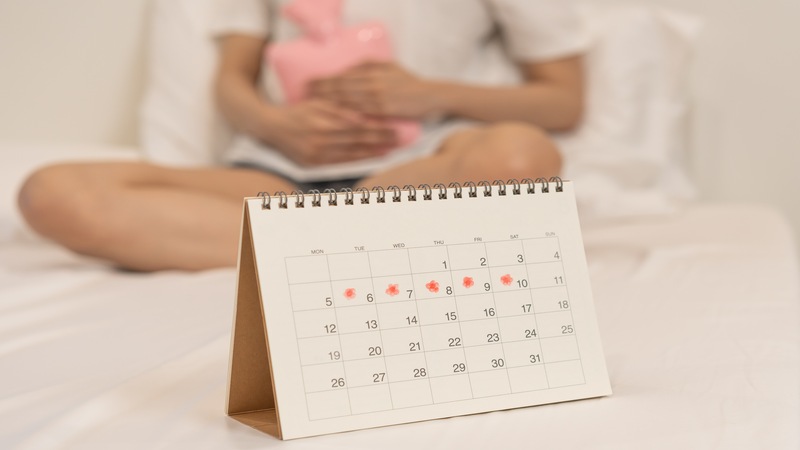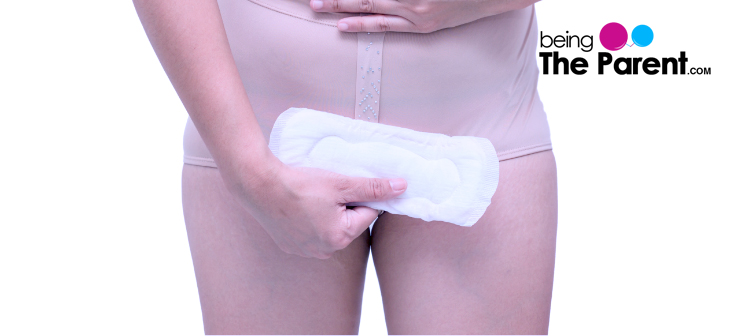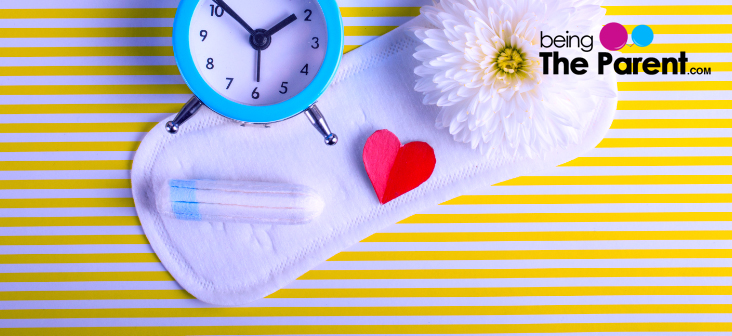
A girl attains puberty around 10-12 years of age – that’s when she starts her menstrual period or menses. But what is menstruation?
Menstruation is the monthly vaginal bleeding that a woman goes through from menarche (when periods start) until menopause (when periods stop) at the age of 45-55 years. When you menstruate, your body discharges blood and tissue from the lining of your uterus (or your womb) through a small opening in the cervix, which passes out of the body through the vagina. This is your period.

The cycle of getting periods regularly every month is called the menstrual cycle. It is counted from Day 1 of one period till Day 1 of the next. Usually about 28 days long, a cycle can range anywhere from 21-45 days. While the length of the menstrual cycle varies from person to person, it is important to have a regular one.

Hormones called oestrogen and progesterone are released in your body during each period – these hormones and their levels control your menstrual cycle, and indicate that your body is functioning as it should. They also help keep you healthy – oestrogen helps build strong bones, while progesterone prepares the uterine lining for pregnancy each month.
So what happens in your body during each menstrual cycle?
In the first half of your cycle, the levels of oestrogen (or the ‘female hormone’) in your body goes up – this makes the lining of your uterus grow and thicken. In case of a pregnancy, this lining is where your baby will grow. Your ovaries will produce eggs or ova – and one of these will start to mature. At Day 14, ovulation takes place – i.e., the egg will leave the ovary, and travel through the fallopian tube to the uterus.
If this egg is fertilized by a man’s sperm cell, then it will attach itself to your uterine wall and you will become pregnant. If the egg isn’t fertilized, then it will break down, the hormone levels will drop, and the thickened lining of the uterus will be flushed out during your next period.
Is there a typical menstrual period?
Not really. Every woman’s body is different, as are their menstrual cycles and periods. In fact, your period may not even be the same from one month to the next. Periods could be light, heavy or moderate depending on the level of vaginal bleeding or menstrual flow you get each month.
How long a period lasts may also vary from one month to the next, and for each woman. Usually, a period lasts from 3-5 days, but anything from 2-7 days is quite normal.
In the initial years after menarche, it is quite common to have longer cycles; the periods themselves may be irregular and lighter. As you grow older, the cycle usually shortens and becomes more regular. As you approach menopause, periods again tend to become more irregular and the cycle longer. Menarche and menopause for you may happen around the same age as for your mom or sisters. In both cases, hormonal changes take place in your body, and your periods may be irregular.
Problems women have with periods
Periods are a part of our lives – they usually come with a mild discomfort. In some women, however, the conditions could be more intense. Here are a few problems for which you may need to see a doctor:
- Amenorrhea – no periods. If you don’t get a period by the age of 16, or if you haven’t had one for over 90 days, then it’s time to worry. Periods can stop because of pregnancy, breastfeeding, excessive weight loss, too much exercise, or some serious medical condition.

- Dysmenorrhea – very painful periods. While some pain is normal during periods, severe menstrual cramps may be due to other conditions. Try to manage the pain with a heating pad or some over-the-counter pain medication. Or see a doctor if it becomes unmanageable.
- Abnormal uterine bleeding – bleeding in-between periods, after sex, after menopause, or for more days.
While we all learn to deal with these menstrual symptoms in our own ways, they are nonetheless a ‘pain’ to deal with!
